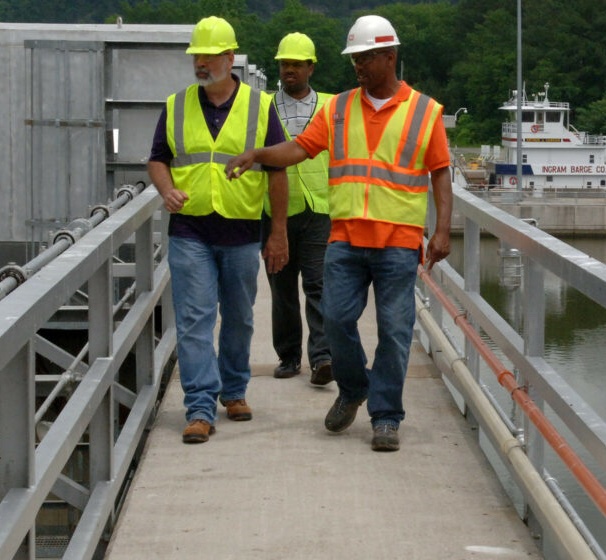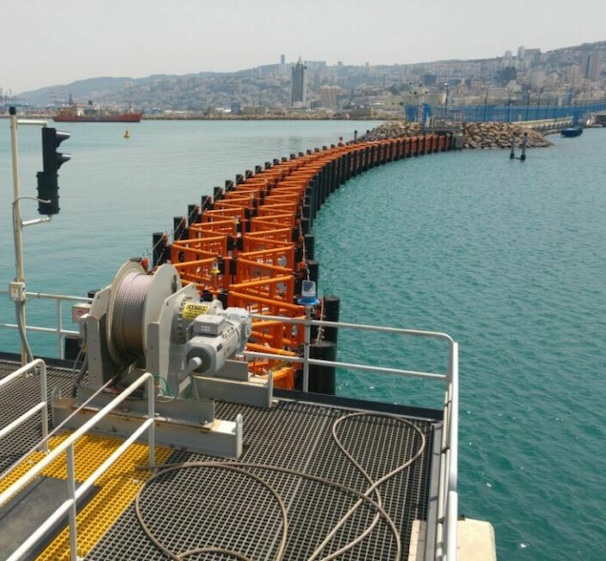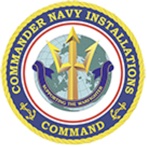What is Different When it Comes to Oil Refineries?
In an oil refinery, converting crude oil into petroleum products like diesel and gasoline and heating products like kerosene takes place through an intensive process downstream at extreme temperatures. Installation of marine barriers for oil refineries also involves several unique considerations to ensure the safety and security of the facilities.
Some of the factors to consider include:
1. Environmental Impacts
Oil refineries can pose a significant environmental risk in the event of a spill or other accident. The marine barriers must be designed to prevent oil from escaping the refinery in the event of an incident and to contain any spills that occur, which otherwise may have disastrous environmental impacts, like water contamination and release of toxic gas emissions in the air.
2. Chemical Hazards
Oil refineries produce various hazardous chemicals as emissions that heavily impact the environment and are harmful to human health. Using well-designed marine barriers controls the release of these chemicals and protects workers and emergency responders in the event of an incident.
3. Water Levels and Currents
The marine barriers must be designed to withstand the water levels and currents in the surrounding environment, including high tides and storm surges. This may require the use of specialized engineering techniques and materials to ensure the stability and durability of the barriers.
4. Regulatory Requirements
The installation of marine barriers for oil refineries is subject to regulatory requirements, which may include environmental impact assessments, safety analyses, and design reviews.
5. Emergency Response
In an emergency at the oil refinery, the marine barriers must be designed to allow emergency response teams to quickly and safely access the facility. This may require the installation of specialized access points or using specialized equipment to breach the barriers in an emergency.
6. Security Threats
Oil refineries are also potential targets for security threats, like terrorism or sabotage. Therefore, the marine barriers must be designed to provide a high level of physical protection to prevent unauthorized access to the facility.
Overall, the installation of marine barriers for oil refineries requires careful consideration of a range of factors to ensure the safety of the facility, the environment, and the public. The barriers must be designed to withstand the surrounding environment, prevent chemical hazards and environmental damage, and provide a high level of physical protection against security threats.
Halo Defense Systems has been exercising expertise in marine engineering service for refinery threats and potential threats that can have debilitating impacts. Our maritime defense systems and marine barriers have proven effective in a variety of areas, including oil refineries, nuclear power plants, etc. For details, please visit our website or contact (603) 259-4400.











